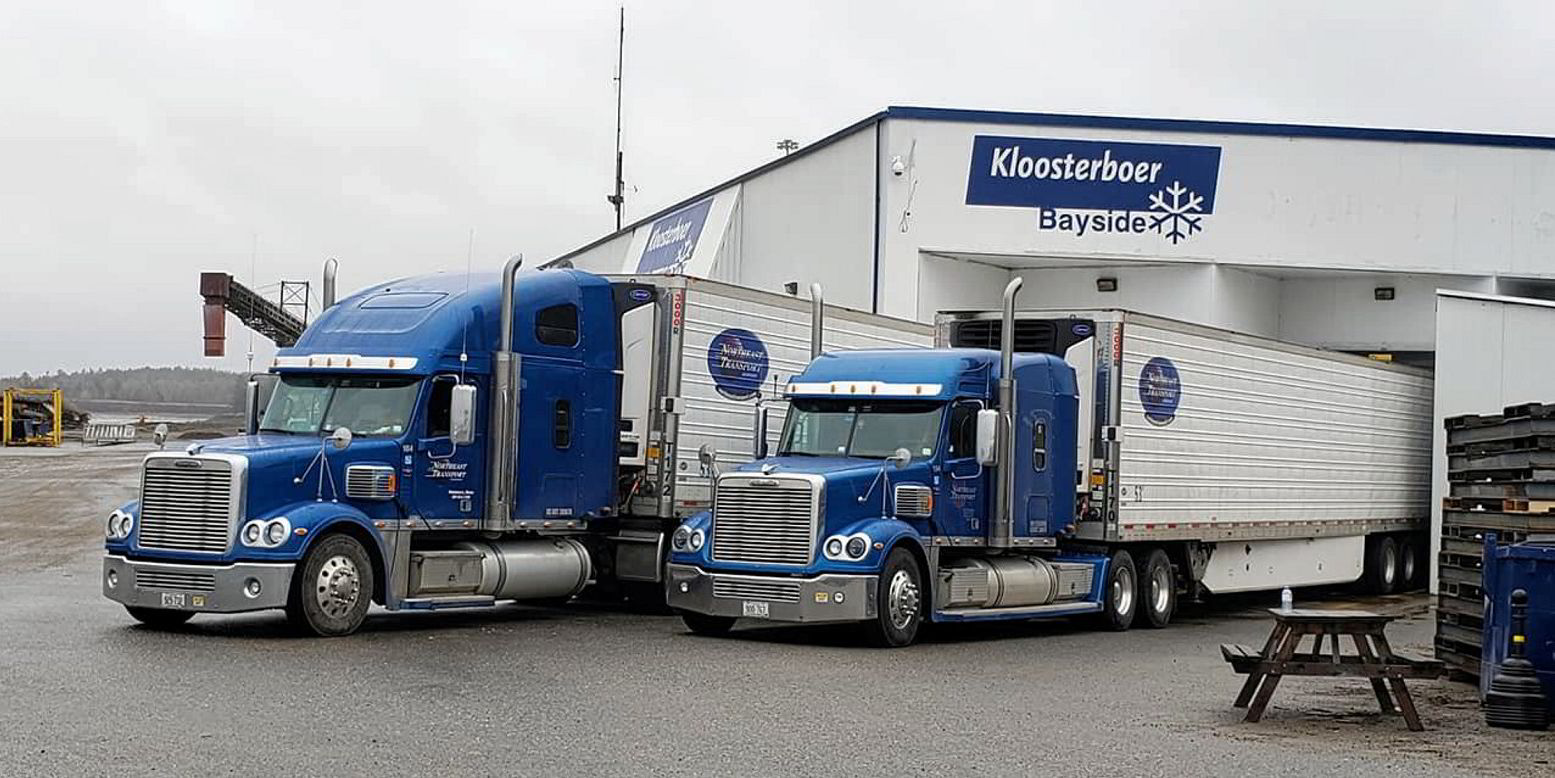Alaska-based American Seafoods violated the US Jones Act but will escape paying the record-breaking penalties, and so will its foreign shipowner partners.
The company will no longer be able to use a perfunctory 30-metre rail move in Canada to get around the expensive requirement to use US-flag, US-built vessels in shipping its product to the US East Coast.
Agents of the US Customs and Border Protection (CBP) agency had assessed it some $25m in fines. Its shipping partners including foreign reefer owners faced up to $325m more.
In a lawsuit filed by American Seafoods against the CBP, US Alaska federal district court judge Sharon Gleason ruled that the fishing company’s so-called Bayside Canadian Railway is not “transportation”, and so it does not allow a shipper like American Seafoods or a carrier like Star Reefers to get around the Jones Act.
The cargo in question was pollock that American Seafoods had caught in the Pacific, warehoused in Dutch Harbour in Alaska, shipped via the Panama Canal to Bayside in Canada’s New Brunswick province just over the border from the US state of Maine, and finally given a ride on a short length of train track before being trucked over the border to US consumers.
The short train ride after the long voyage was meant to bring a Jones Act loophole into play.
Under what is called the “Third Proviso” to the complicated US cabotage regime, some shipments can be excused from the Jones Act if a Canadian rail link is part of the route for moving goods between places in the US.
But the rail link has to be real.
“The movement of merchandise out-and-back over the 100-foot track at the Port of Bayside does not provide actual progress along the through route and does not constitute ‘transportation’ over a rail line as required by the Third Proviso,” the judge ruled.
Last September, TradeWinds’ sister publication Intrafish first reported that the CBP had investigated the Bayside loophole and cracked down on the scheme with massive fines against American Seafoods and its subsidiaries Kloosterboer International Forwarding and Alaska Reefer Management.
TradeWinds reported at the time that the foreign reefer owners who performed the voyages were exposed to even greater fines.
These included London-based Star Reefers, Swedish-based, Russian-controlled operator Cool Carriers with its owner Baltic Shipping, Norway's Green Reefers and Ecuador's Noboa Group and its Antwerp-based arm Trireme Vessel Management.
Future violations could bring fines
Despite ruling that the train ride at Bayside did not excuse the fish shipments from the Jones Act, Gleason cited earlier guidance by agency officials and vacated the notices of penalty issued over the violations, including $25m Kloosterboer and $325mfor other plaintiffs, mostly shipowners.
The judge pointed to earlier official determinations that had allowed any use of Canadian rail to qualify for the Third Proviso, and said there was “no indication in this record that CBP has modified or revoked this policy statement at any time prior to the issuance”.
This story includes reporting from Intrafish, TradeWinds’ sister publication covering the seafood industry. Read the Intrafish story here.




